The Islamic State advance has benefited Iran by diverting attention away from its nuclear program.
The Islamic State’s (IS) rapid expansion in northern and western Iraq has greatly influenced the geopolitics of the Middle East and North Africa. Due to the group’s barbaric and terrorist activities, all countries in the region have reached the conclusion that IS is a direct threat to their national security. In the same vein, the Arab League’s foreign ministers vowed to take all necessary measures to confront IS militarily, politically, economically and culturally.
At first glance, IS, as an extremist Sunni group, is a direct enemy of Iran, the Shiite powerhouse of the Middle East. However, both the United States and Iran have been ambiguous about Tehran joining the anti-IS coalition, with Ayatollah Ali Khamenei stating that he had vetoed America’s private requests for cooperation against IS. This status quo, however, has not been entirely negative for Iran, as Tehran seems to have found a way to take advantage of the situation.
Lifting Pressure
Due to heightened attention toward the threat IS poses to the region and beyond, Iran — long accused of being the main source of instability in the Middle East — has benefited from the current situation by deflecting pressure away from its nuclear program, much to the displeasure of Israel.
In his United Nations General Assembly address, Israeli Prime Minister Benjamin Netanyahu equated Iran with IS, referring to the country as the “Islamic State of Iran.” To Netanyahu, defeating IS and leaving Iran as a threshold nuclear power is “to win the battle and lose the war.” He even went further and invited the leading states in the Arab world to join Israel in facing the “nuclear-armed Iran” and militant Islamists, who are gaining ground in the Sunni community. Netanyahu vowed that if Israel and the Arab states could overcome their collective challenges, a nuclear Iran and the IS threat, they would enjoy a more secure, peaceful and prosperous Middle East in the future. These statements convey Netanyahu’s fear of seeing his campaign against Iran’s nuclear program being relegated and becoming only a secondary security priority for the region and the international community.
IS Provides Iran with a New Bargaining Chip
While Iran is not participating in the international coalition against IS in Iraq and Syria, Western members of the anti-IS coalition know that defeating the terrorist organization without Tehran’s cooperation will be very difficult. This would explain the emphasis that Western leaders put on Iran’s role in combating IS during fringe meetings at this year’s UN General Assembly.
While Western members of the P5+1 have stressed Iran’s important role in containing the IS threat, they have not clearly stated whether they would accept the Iranian offer and take an easier stance in the nuclear talks.
In the past, Western and Iranian negotiators tried to separate the nuclear talks from other areas of common concern (for example, Iran’s ballistic missiles program). But recent reports suggest Iran is demanding more flexibility about its nuclear program — especially with regard to the number of atomic centrifuges it can retain — in return for more cooperation against IS.
At the UN General Assembly, Iranian President Hassan Rouhani revealed Iran’s offer and said: “[If] we can overcome the problem and reach a longstanding agreement … then an entirely different environment will emerge for cooperation at regional and international levels, allowing for greater focus on some very important regional issues such as combating violence and extremism in the region.”
While Western members of the P5+1 have stressed Iran’s important role in containing the IS threat, they have not clearly stated whether they would accept the Iranian offer and take an easier stance in the nuclear talks.
Providing Iran With Room to Maneuver
To understand Iran’s position regarding the current anti-IS coalition, one has to look at the situation in Syria. The Syrian uprising against President Bashar al-Assad was a great opportunity for Iran’s regional competitors to weaken Tehran’s influence on Syria. They were determined that they had found a viable solution for taking down the Assad regime, a close Iranian ally, by sponsoring the most radical armed opposition groups during the early stages of the revolt. Yet external support for both sides of the conflict in Syria has transformed the political Syrian struggle into a civil war and finally into a proxy Shiite-Sunni conflict. At the same time, Iran has repeatedly claimed that the military and financial support from Western and regional states for the Free Syrian Army (FSA) and other armed opposition groups in Syria ended up in the hands of IS and other jihadist groups. Iran also accused those states of not taking the IS threat in Iraq and Syria seriously.
Regardless of the exclusion from the US-led coalition against IS, Iran remains an important participant in the fight against IS due to its ability to mobilize and arm Shiite militias in Iraq. Furthermore, not being part of the coalition gives Iran enough freedom to follow its own agenda and cooperate secretly with all actors, without being officially committed to the coalition’s goals.
Iran’s agenda entails multiple elements. Having been the first state to supply weapons and ammunition to the Kurdistan Regional Government (KRG), according to KRG President Massoud Barzani, and having lent significant military assistance to the central government, Tehran has further increased its influence in Baghdad and Erbil. To the displeasure of Iran’s Arab neighbors, Tehran has publicly acknowledged the advisory presence of its Quds Force (Iran’s Revolutionary Guards’ extraterritorial operations body) in aiding Iraqi Shiite militias, while still strongly denying any suggestion that Iranian boots are on the ground in Iraq.
Alaeddin Boroujerdi, the head of the Iranian parliament’s national security and foreign policy committee, stated with regard to the US-led coalition and some of its Arab members: “The very countries that created the Islamic State group are now part of a coalition that … wants to destroy them.”
In addition, providing Kurdish Peshmerga forces with military advisors and weaponry to defeat IS in Kurdistan’s territory was vital in improving Iran’s relations with the ruling Kurdistan Democratic Party (KDP), whereas Turkey has refused to do the same in Kobane and refrained from entering into a full-fledged fight against IS to avoid any security problems along its border with Syria. Being supportive of and sympathetic to Iraqi and Syrian Kurds can persuade them to be on Tehran’s side for use as mediators in its relations with Kurds in Iran.
To Iran, the Arab states, on the other hand, should play an active role in the anti-IS coalition to avoid the image of a Western-Christian attack on the Muslim world, particularly when it is a global coalition against extreme Sunnis. Saudi Arabia, Jordan and the United Arab Emirates (UAE) have participated in air strikes against the IS targets so far, while Riyadh has agreed with the US plan to train Syrian rebels. However, thousands of citizens from inside the region fight alongside IS as foreign fighters. They could pose serious security problems for their countries when they return home.
Alaeddin Boroujerdi, the head of the Iranian parliament’s national security and foreign policy committee, stated with regard to the US-led coalition and some of its Arab members: “The very countries that created the Islamic State group are now part of a coalition that … wants to destroy them.” This statement is indicative of Tehran’s assessment of the flawed policies some of its neighbors have implemented in Syria over recent years. In this view, Turkey and the Arab monarchies of the Persian Gulf have been on the wrong side of the Syrian conflict and now it is their responsibility to play an active role in the international coalition to combat IS. In this case, Tehran can blame its neighbors for a possible failure of the anti-IS coalition or the spread of insecurity in the Middle East.
Iran and the US: Different Goals in the Fight
Although Iran and the US share the goal of fighting IS in Iraq, elites in Tehran and Washington diverge when it comes to Syria. US President Barack Obama has adopted a dual policy in fighting IS. From the US government’s perspective, fighting IS in Syria could strengthen the Tehran-Damascus axis and stabilize Assad’s position. The success of Obama’s strategy in Syria, to a great degree, depends on the amount of weapons and training that will be delivered to the FSA to defeat IS on the ground.
Although Iran welcomes strikes that weaken the position of IS and other jihadist groups in Syria, it has doubts about the real aim of the international coalition in the country. Tehran is concerned that these strikes could be the beginning of a series of actions toward regime change in Syria. These points of disagreement regarding the international coalition’s role in Iraq and Syria can help in understanding America and Iran’s ambiguous stance on cooperating together to combat IS.
So far, it seems Washington has decided to limit the focus of its military campaign on IS and not regime change in Syria, at least until achieving a nuclear accord with Iran. Iranian concerns stem from the fact that Syria is a crucial partner of Iran and is important for the country’s strategic depth in the Middle East. Any dramatic change in the Syrian regime could disrupt Iran’s territorial connection to Lebanon and could thus mean disconnecting Tehran from its strategic ally — Hezbollah — and weaken the Iranian sphere of influence in the region.
Despite these challenges, the emergence of IS has lifted the pressure of heightened attention from Iran’s nuclear file and has provided the Iranians with a better hand in the nuclear talks. In addition, excluding Iran from the anti-IS coalition has actually helped Tehran to pursue its own goals in Iraq and Syria, and maintain its regional influence despite all the existing challenges. Finally, a possible nuclear accord could help to build enough confidence between Washington and Tehran to secretly collaborate — as they have done in the past in Afghanistan and Iraq — even without Iran being officially engaged in the international coalition.
The views expressed in this article are the author’s own and do not necessarily reflect Fair Observer’s editorial policy.
Support Fair Observer
We rely on your support for our independence, diversity and quality.
For more than 10 years, Fair Observer has been free, fair and independent. No billionaire owns us, no advertisers control us. We are a reader-supported nonprofit. Unlike many other publications, we keep our content free for readers regardless of where they live or whether they can afford to pay. We have no paywalls and no ads.
In the post-truth era of fake news, echo chambers and filter bubbles, we publish a plurality of perspectives from around the world. Anyone can publish with us, but everyone goes through a rigorous editorial process. So, you get fact-checked, well-reasoned content instead of noise.
We publish 2,500+ voices from 90+ countries. We also conduct education and training programs
on subjects ranging from digital media and journalism to writing and critical thinking. This
doesn’t come cheap. Servers, editors, trainers and web developers cost
money.
Please consider supporting us on a regular basis as a recurring donor or a
sustaining member.
Will you support FO’s journalism?
We rely on your support for our independence, diversity and quality.


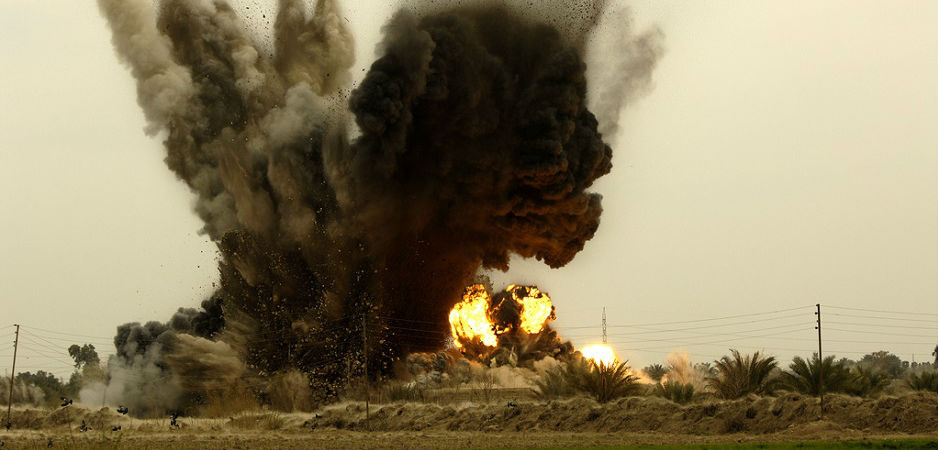

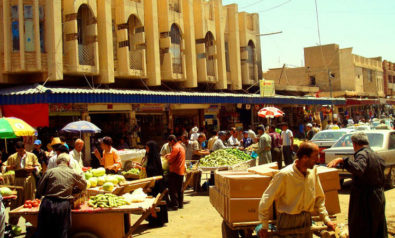
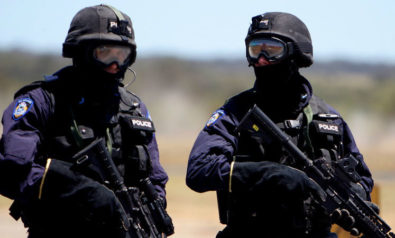
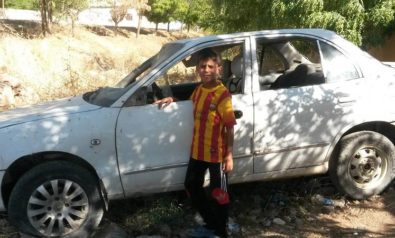
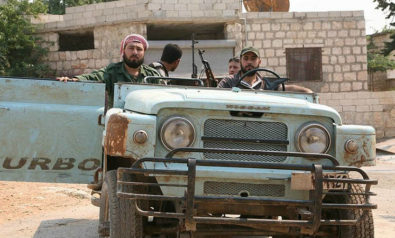
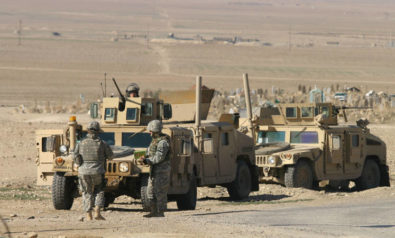
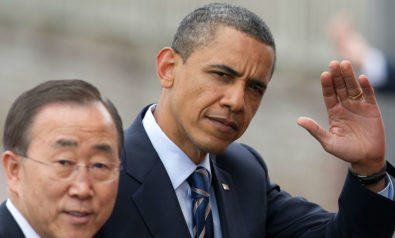

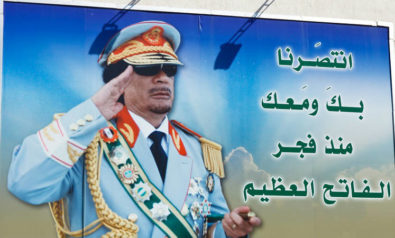


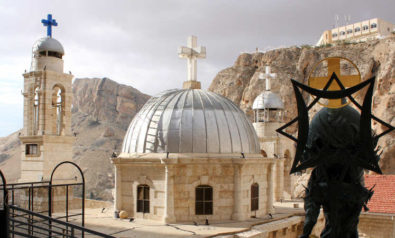


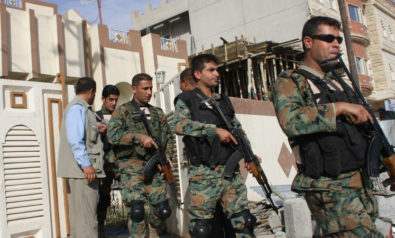
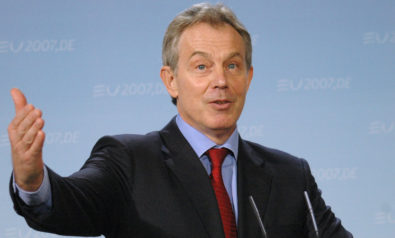
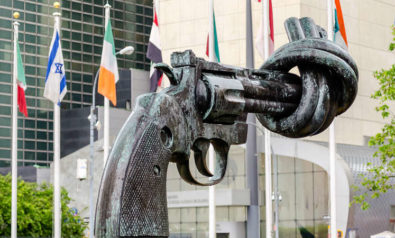

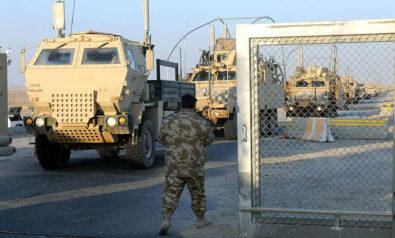





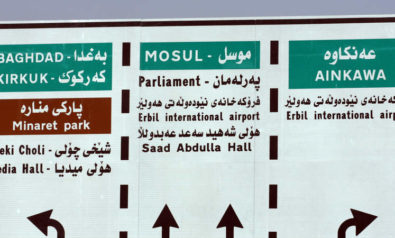
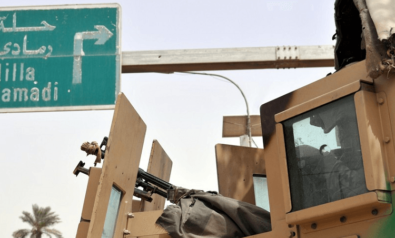


Comment